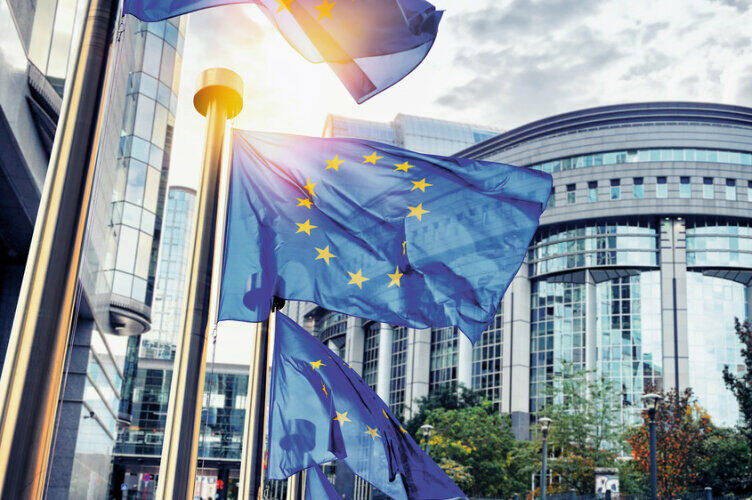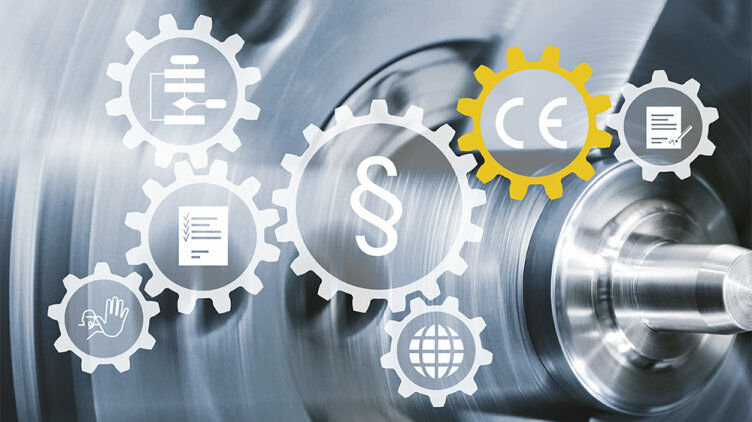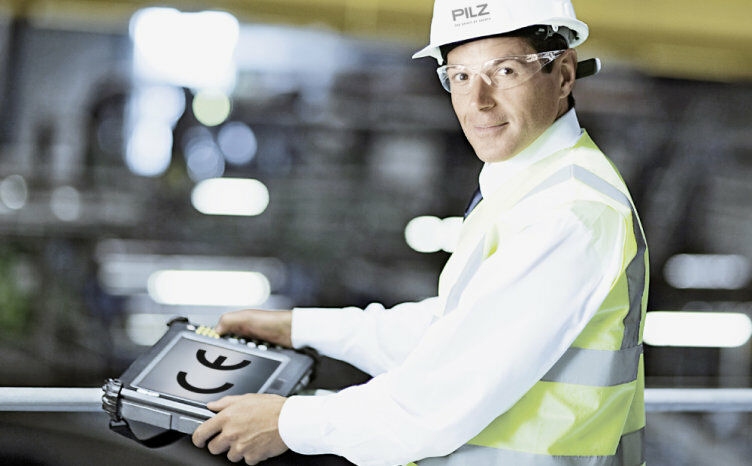Article four contains the most important, direct new features for manufacturers or importers. Regulation (EU) 2019/1020 states that products may only be placed on the market if there is an economic operator established in the Union, who must be one of the following operators:
- A manufacturer established in the EU
- An importer (by definition established in the EU), if the manufacturer is not established in the European Union
- An authorised representative established in the EU, who has a written mandate from the manufacturer.
- A fulfilment service provider (primarily online sales) established in the EU, where there is no manufacturer, importer or authorised representative established in the Union
What’s new is the obligation to name a "representative" established in the European Union, if the manufacturer themself is not established in the European Union.
As a result, in future, economic operators will include not only manufacturers, importers and authorised representatives but also "fulfilment service providers". These are any natural or legal persons offering, in the course of commercial activity, at least two of the following services: warehousing, packaging, addressing and dispatching of products, without having ownership of the products involved. The intention in including fulfilment service providers is to ensure that there is always an economic operator established in the EU, who is responsible for fulfilling the obligations.





